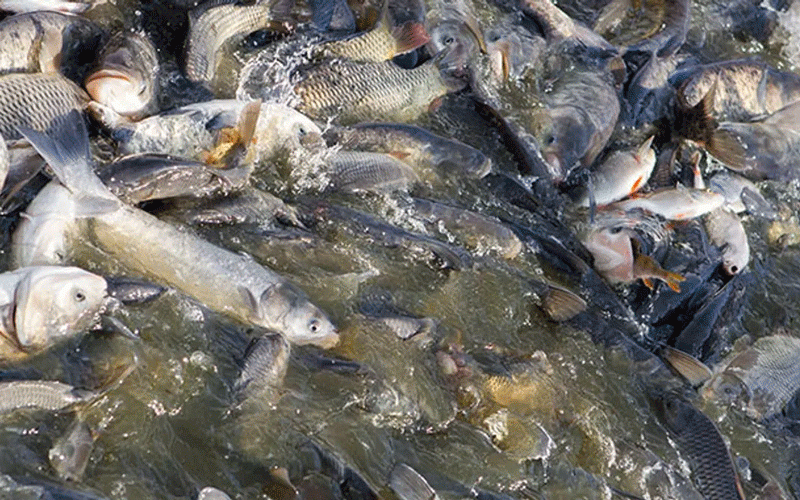
ZIMBABWE'S largest fish producer, Lake Harvest Aquaculture has been hit by a cash flow crisis, a development that has been attributed to low production levels at Lake Kariba.
Speaking at a tour of the fishing ponds by Food and Agriculture Organization (FAO) officials at the weekend, Lake Harvest Aquaculture Hatchery manager Asheen Gumbo said water and power challenges had affected fishing activities.
The tour included government officials and fishing stakeholders.
“We used to sell the fingerlings to upgrade the farm, but because of the water and power challenges we have been facing, we have not been able to produce enough fingerlings. As such, this has affected our cash flows as Lake Harvest,” Gumbo said.
She said Lake Harvest has been struggling since the COVID-19 era, an issue which has continued post-COVID.
“In terms of production, we want to operate at maximum level but we haven’t been doing so. Our current production target is 55 million fingerlings, but because of the low cash flows and other challenges, we have been struggling to meet the target. The quality of fingerlings has also been affected, but we always put measures such as refreshing the water to improve quality. This makes sure that the fish is healthy and fresh,” she said.
The Lake Harvest aquaculture project on Lake Kariba is the largest sustainable Tilapia fish farming venture in Africa.
It creates jobs in Zimbabwe, particularly for women fish traders, and provides an important supply of affordable protein in the southern Africa region.
- Mavhunga puts DeMbare into Chibuku quarterfinals
- Bulls to charge into Zimbabwe gold stocks
- Ndiraya concerned as goals dry up
- Letters: How solar power is transforming African farms
Keep Reading
The company is also among the biggest exporters of fish in Zimbabwe, earning over US$6 million in export revenue each year.










